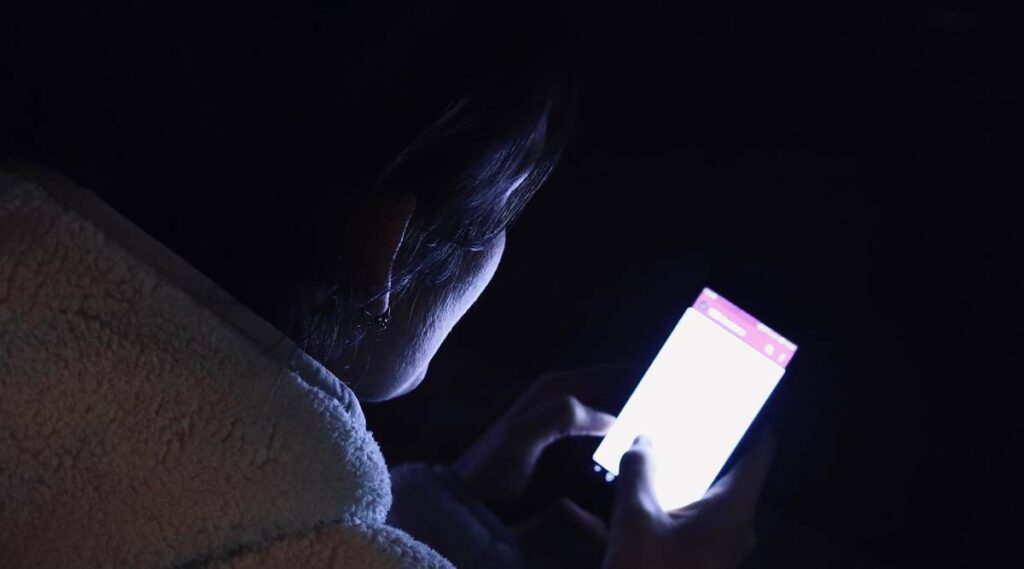Cyberattackers are capitalising on the lack of awareness surrounding cybersecurity on mobile devices to launch novel cyberatttack techniques.
As mobile devices replace PCs as the primary digital device, a high level of trust in smartphone security exists among Indian children and teens according to a McAfee consumer mindset survey report. But this confidence is coupled with a low level of protection even though cybersecurity risks are at an all-time high.
According to the survey titled “McAfee’s 2022 Consumer Mindset Survey: Mobile Report” unveiled at Mobile World Congress (MWC) Barcelona this year, consumers understood that their desktop and laptop computers needed protection, but there was limited awareness about protecting mobile devices.
Globally, children and teens have higher trust in mobile devices. Most children (59 per cent) think a new phone is more secure than a new computer. In comparison, parents are equally split (49 per cent). In India, meanwhile. A higher proportion of children (75 per cent) think a new phone is more secure while 71 per cent of adults agree.
Globally, a majority of parents (56 per cent) use passwords to protect their mobile devices while only 41 per cent of children and teens do the same. In India, 57 per cent of parents use passwords on their mobile devices while only 43 per cent of children and trends do.
The survey also found that children are increasingly experiencing what used to be considered adult risks online. One in ten parents reported that children had experienced a financial information leak and 15 per cent of children reported that an attempt had been made to gain unauthorised access to their online accounts.
In India, 39 per cent of boys between the ages of 10 and 14 put parental controls into their children’s mobile devices, compared to 33 per cent of the parents of girls in the same age category.
McAfee also unveiled a separate report titled, “2022 Consumer Mobile Threat Report” during MWC. The report says that SMS phishing (Smishing) attacks using personalised greetings in text messages that pretend to be from legitimate organisations are becoming increasingly prevalent.
In some instances, attackers have posed as the Indian Income Tax Department with messages addressed directly to the phone owner. The messages typically involve a link to a site that contains malware. This malware is then used to steal user information including phone numbers and emails. According to McAfee, the cyber criminals’ poor server security also means that this information is publicly exposed, amplifying the threat.
Cheat codes and hacking apps used for gaining a competitive edge in mobile games are being used as new avenues of attack by cybercriminals who inject malicious code into open-source apps and promote them on legitimate messaging channels. If users install the malware, it steals the account credentials for their gaming and social media accounts.
McAfee also reports that the cryptocurrency industry has become a ripe target for cybercriminals. Attackers are also reportedly using high-quality graphics and fake five-star reviews to make malware look like legitimate apps on stores.
Source: indianexpress.com


